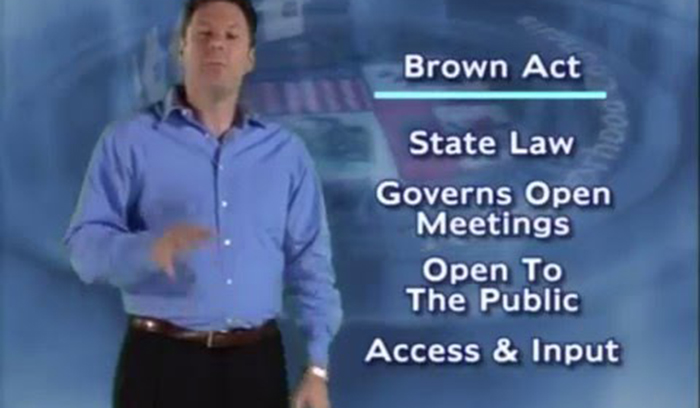First in a series.
After nearly a half-century in politics, Mayor Jim Clarke usually reads tea leaves accurately.
As of Monday morning, he had not expected his City Council colleagues to agendize the predictable request at Monday night’s meeting to place the label of Culver City as a sanctuary city on a near agenda.
Hours later, the Council smoothly agreed to place the subject on the March 27 agenda.
What happened in the interim?
“I don’t know,” Mr. Clarke said. “That is the trouble with the Brown Act” when a group member is not allowed to speak to more than one of his colleagues. Polling is forbidden.
Vice Mayor Jeff Cooper was the only Councilman who seemed even slightly sympathetic with Mr. Clarke’s contention that Culver City already acts like a sanctuary city, and nothing further is needed.
“Jeff said that ‘if you want to do something symbolic and call it a sanctuary city, fine,’” said Mr. Clarke, a position the mayor ardently agrees with.
Mr. Cooper was critical of several of the seven points in a letter from Culver City Action Network member Noah Zatz – the document that was the catalyst for agendizing the sanctuary city notion.
The mayor endorsed the vice mayor’s stance, adding firmly:
“We are not going to violate the law or a court order, and I do not see us donating money to a legal defense fund for immigrants to get lawyers.”
Returning to his earlier frustrated point, forecasting majority opposition to agendizing the sanctuary city proposal, the mayor sounded exasperated by the Brown Act.
“Going into a meeting, you never know what is going to happen,” Mr. Clarke said.
It will be different next time, he suspects.
“When this (proposed ordinance) comes back, my colleagues will not support a lot of the points (“The Pro-Sanctuary City Letter That May Bring Change”) the group is requesting for us to be considered a sanctuary city.”
(To be continued)

